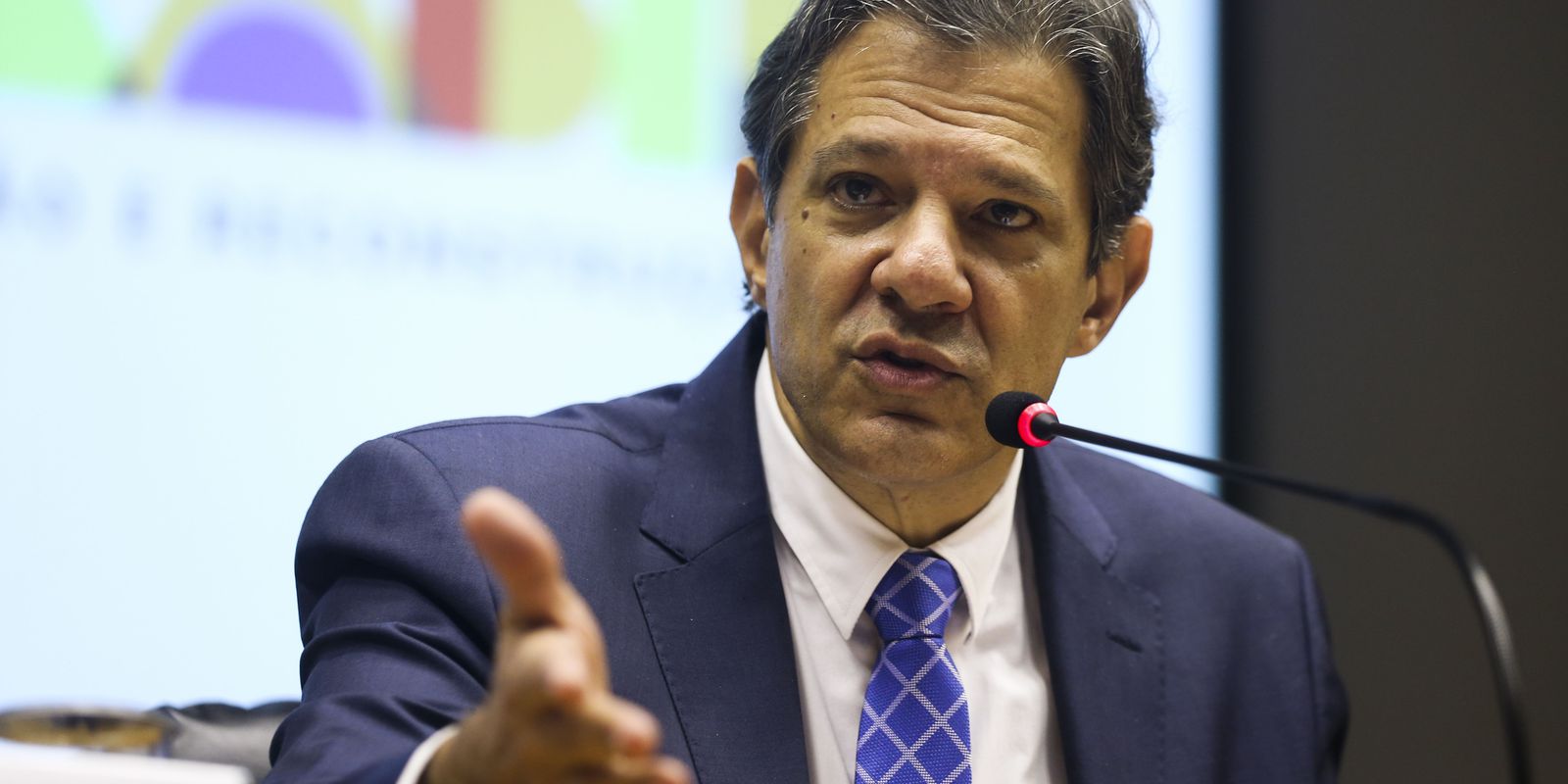The Minister of Finance, Fernando Haddad, recently announced a series of fiscal measures to make the government record a primary surplus in 2023. The measures involve the reversal of exemptions, changes in the Administrative Council of Tax Appeals (Carf) and a new special renegotiation of debts called the Zero Litigation Program.
According to the Ministry of Economy, the changes could make the Central Government (National Treasury, Social Security and Central Bank) record, in the most optimistic scenario, a primary surplus of R$ 11.13 billion in 2023, against a forecast deficit of R$ $231.55 billion set out in this year’s General Union Budget.
According to the minister, the forecast, in the most realistic scenario, is that the primary deficit ends the year at just under 1% of the Gross Domestic Product (GDP), between R$ 90 billion and R$ 100 billion. The package includes measures and revenue re-estimates that will raise revenues by up to R$196.68 billion and reduce expenses by up to R$50 billion.
revenue increase
On the revenue side, the government predicts that R$ 36.4 billion more will come into the cash compared to what was originally forecast in the 2023 Budget. In addition, there will be R$ 73 billion in extraordinary revenue, such as changes that intend to accelerate Carf and tie-breaking votes in favor of the government (R$35 billion), incentives for spontaneous reporting of tax evasion (R$15 billion) and the use of funds stagnated in an old PIS/Pasep fund (R$23 billion), which had been authorized by the Constitutional Amendment of the Transition.
The government will also promote a series of measures to permanently increase collections, which should yield R$ 83.28 billion this year alone. Among the measures are the end of exemptions in the Social Integration Program (PIS) and in the Contribution for the Financing of Social Security (Cofins), in addition to the change in the use of credits from the Tax on the Circulation of Goods and Services (ICMS), which was incorporated into PIS/Cofins.
Regarding the end of exemptions, the government predicts that R$ 28.88 billion will enter the public coffers from the end of the zero rate of PIS/Cofins on gasoline and ethanol starting in March. R$ 4.4 billion will also come in from the reversal of the PIS/Cofins exemption on financial revenues from large companies, decided by former Vice President of the Republic Hamilton Mourão at the end of last year. As of April, taxes will return to the old rates.
ICMS credits
Regarding ICMS, in 2017, the Federal Supreme Court (STF) had excluded the tax from the PIS/Cofins calculation base, but defined the scope of the measure only at the end of 2021. However, a controversy continued about whether the calculation of PIS/Cofins tax credits should include or remove ICMS.
Tax credits represent taxes paid in excess along the production chain that can be returned to companies or used to deduct the payment of other taxes. The government defined that PIS/Cofins credits will not be calculated on ICMS, only on the basis of calculation determined by the STF. This will result in more revenue for the Union.
Cost reduction
On the expenses side, the measure foresees a reduction of expenses by R$ 50 billion. Of this total, BRL 25 billion will come from the permanent review of contracts and programs, which will be carried out by the Ministry of Planning, and BRL 25 billion will come from commitments (execution authorization) below the authorized amount in the 2023 Budget.
Carf
Regarding CARF, the body that judges administrative appeals from taxpayers who owe the Federal Revenue Service, the most important change will occur in the voting system. The government will resume the tie-breaking vote of the Treasury, already recommended by the Federal Court of Auditors (TCU), in the judgment of tax conflicts. With the measure, the chances of the Revenue to win the processes increase, improving the government’s cash.
The government will also introduce the Zero Litigation Program, which will work along the lines of the traditional Refis and provides for the renegotiation of debts with the Union under special conditions. Individuals, micro and small companies with debts below 60 minimum wages will be able to obtain discounts of 40% to 50% on the total amount of the debt, with a period of up to 12 months to pay.
For companies that owe more than 60 minimum wages, there will be a 100% discount on fines and interest and the possibility of using losses from previous years to write off 52% to 70% of the debt. According to the Ministry of Finance, this will apply only to debts considered irrecoverable and difficult to recover.
There will also be an end to official resources within Carf for amounts below R$ 15 million. In these cases, when the taxpayer wins in the first instance, the Federal Revenue Service will no longer appeal, ending the litigation. According to the Ministry of Finance, the measure will extinguish almost 1,000 cases at Carf, in the total amount of R$ 6 billion, and will help to relieve the agency for the judgment of large debts.
Matter updated at 17:27 for clarification of information









